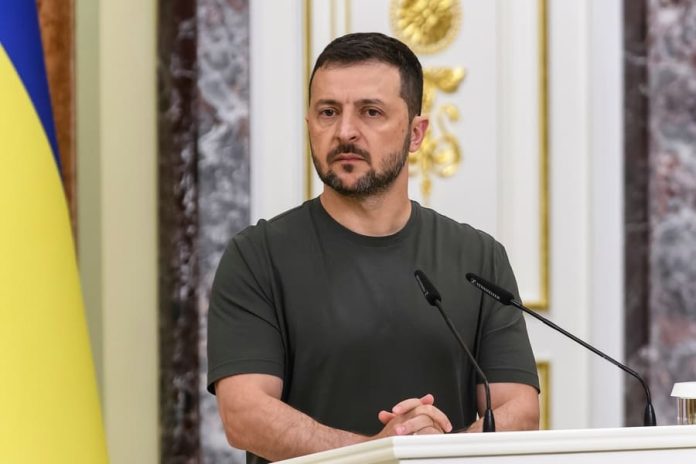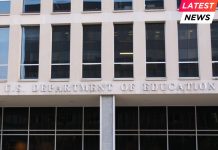With discussions increasing about a possible end to the war in Ukraine, Zelensky will need to prioritise tackling domestic issues at the same time as the war.
As 2025 begins, many commentators are speculating that discussions over a negotiated settlement between Ukraine and Russia are likely to increase over this year. This speculation seems likely to increase following Trump’s inauguration on 20th January, with his previous comments that he could end the conflict ‘in a day’.
However, President Zelensky’s challenges will not end with a ceasefire or settlement. Martial law has been in place in Ukraine since the start of the invasion in February 2022 meaning that no Presidential elections were held, despite being scheduled for early 2024. It seems likely that an end to the conflict would also mean new Presidential elections and an entirely different challenge for Zelensky.
While Zelensky has built a strong international reputation as a good communicator and an effective leader, he will also need to position himself domestically if he wants to retain power in a post-war Ukraine.
Having risen to power initially on a message of anti-corruption and domestic reform, Zelensky will now need to make good on these promises if he is to secure re-election.
A key part of this promise was reforming the anti-corruption bodies, initially set up between 2014 and 2019. However, recently these organisations, including National Anti-Corruption Bureau of Ukraine (NABU), the Specialised Anti-Corruption Prosecution Office (SAPO), and the National Agency on Corruption Prevention (NACP), have come under fire for misconduct, corruption and political interference.
Some of this criticism has been directed at Oleg Tatarov, deputy head of the Office of the President of Ukraine, who was initially investigated by NABU for bribery, but now controls the main anti-corruption machinery in Ukraine.
More broadly, the experienced technocrats and non-politicians who Zelensky brought in for their know-how, independence and experience have now been sidelined or removed from office. This includes reformers and anti-corruption campaigners such as Andrei Pivovarsky (former Minister of Infrastructure in Ukraine) and Dmytro Sennychenko (former head of the State Property Fund of Ukraine). In 2023, NABU pursued both Pivovarsky and Sennychenko despite their active stances as anti-corruption campaigners in what appears to have been a politically motivated campaign to prevent serious change.
Whether this represents corruption within the anti-corruption system or simply systemic flaws within the anti-corruption bodies, it will be important for Zelensky to address if he wants to maintain power beyond the end of the war. In 2024, Wilson Center noted that ‘corruption tops the list of domestic problems for Ukrainians’. While tackling this widespread issue will be doubly challenging during wartime, if the problem isn’t addressed now, Zelensky may not be able to do it later.
While Zelensky may not wish to think about the terms of any settlement agreement just yet, and will rightly be considering security issues such as NATO and EU membership, he cannot avoid addressing domestic concerns either.
Zelensky’s initial promise of anti-corruption reform which won him 75% of the vote in 2019 may not be enough unless progress on corruption is made quickly.



































